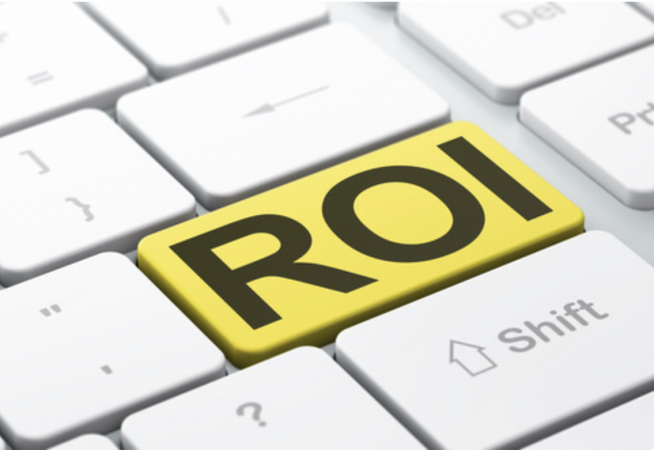Reposted from Forbes Agency Council, July 21, 2022
Years ago, at a Public Relations Society of America’s Counselors Academy conference, I listened to a presentation by the chairman of one of the “Big Four” accounting firms, Ernst & Young. He said that, for PR to be successful, to be allocated sufficient budgets and to earn corporate trust, buy-in had to come from the top. In the same breath, he warned that management consultants may represent the PR industry’s greatest threat.
What did he mean by this? Simply stated, short of being proficient at media relations or event planning, management consultants bring the kind of talent that resonates with the C-suite. They are analytical, strategic, have great written and verbal communications skills, understand business dynamics and market forces, are highly productive and organized, and they know and can explain numbers.
What’s more, they are comfortable responding to tough questions about profitability and can do so with fancy charts. As the hunt for PR talent continues, we may need to look at business grads.
Will management consultants take over PR jobs?
At the time, the thought of hiring MBAs and teaching them PR seemed appealing to me, and the buzz among my PR agency colleagues was that if we didn’t show how PR delivered a return on investment (ROI), we’d soon end up pitching for business against Mercer and McKinsey.
The PR industry hasn’t really seen this prediction come to pass in any significant way. It may have been because, at the time, we didn’t offer the kind of salaries and perks commanded by management consultants or because PR and publicity were still a big part of what agencies did.
While Canada’s PR industry can be held up as a model for its media rating points (MRP) system, we haven’t made nearly enough progress in validating PR’s ROI or in “selling” PR to the C-suite. Many clients still do not understand or value metrics that are not transactional and don’t translate into sales.
Why is measuring ROI for public relations a challenge?
For starters, PR is so diverse in what it comprises that a campaign or strategy would have to be fractured into all its parts if only to begin to probe each element, let alone dissect them into something that could be evaluated. PR initiatives are also not generally undertaken in a vacuum, making it difficult to carve out the impact of specific PR efforts and attach a number to them.
Another obstacle I’ve experienced is the difficulty in getting sales data from clients as well as details on other marketing programs they may be running concurrently. Finally, company structure may be another impediment, particularly when the sales and marketing departments operate in silos, which is more often than you might think.
It might take a crisis to appreciate the value of PR.
Businesses that have seen a lift in sales because of a well-executed reputation or crisis communications plan—or, conversely, have lost market share because of a communications failure—are more likely to recognize the value of an investment in public relations. Maintaining customer loyalty or shareholder confidence can impact the bottom line, and smart leaders understand that building reputational equity over time is a better strategy by far.
Clients who have no experience or have had a bad experience with PR are a challenge, and even the best financial minds will be hard-pressed to instill confidence that PR is an important marketing discipline. Unlike other forms of communications that can be seen, touched, better controlled or even guaranteed, for the uninitiated, public relations may still be hard to wrap one’s head around.
Appearing in top-tier media outlets on a regular basis might look easy to achieve but those of us in the know understand what is happening with the consolidation of news outlets and reduced numbers of professional journalists. The bar for what is considered newsworthy has been set even higher.
What clients want from their PR agency partner.
Having a successful ROI discussion with clients and prospects lies in our hands, and we need to be thoughtful, strategic and transparent in our answers. We know what clients want, we just need to find a way to give it to them while holding on to the fact that public relations is a skill set that is different than advertising. As the excellent storytellers we are, we need to author the story, speaking to outcomes in a way that resonates with the audience—some colorful charts and graphs also can’t hurt.
With the Great Resignation and the current difficulties we face in finding experienced midlevel and senior public relations professionals, the notion of recruiting among commerce graduates or management consultants specializing in international business, change management, marketing or productivity improvement might be something worth considering. PR salaries have gone through the roof recently, making what we have to offer an MBA far more appealing than in years past. Now may be just the right time to cast a wider net.

